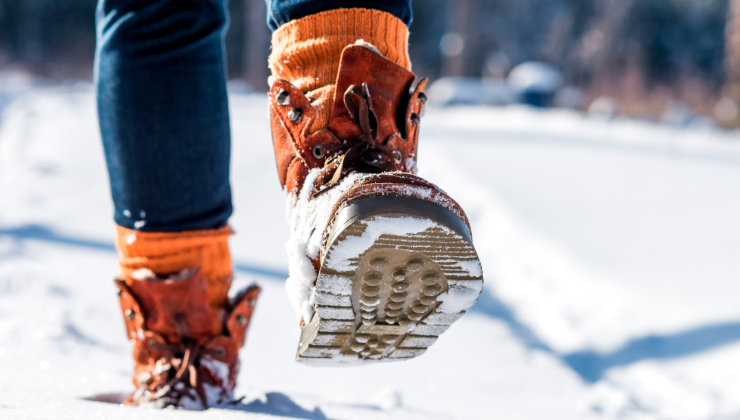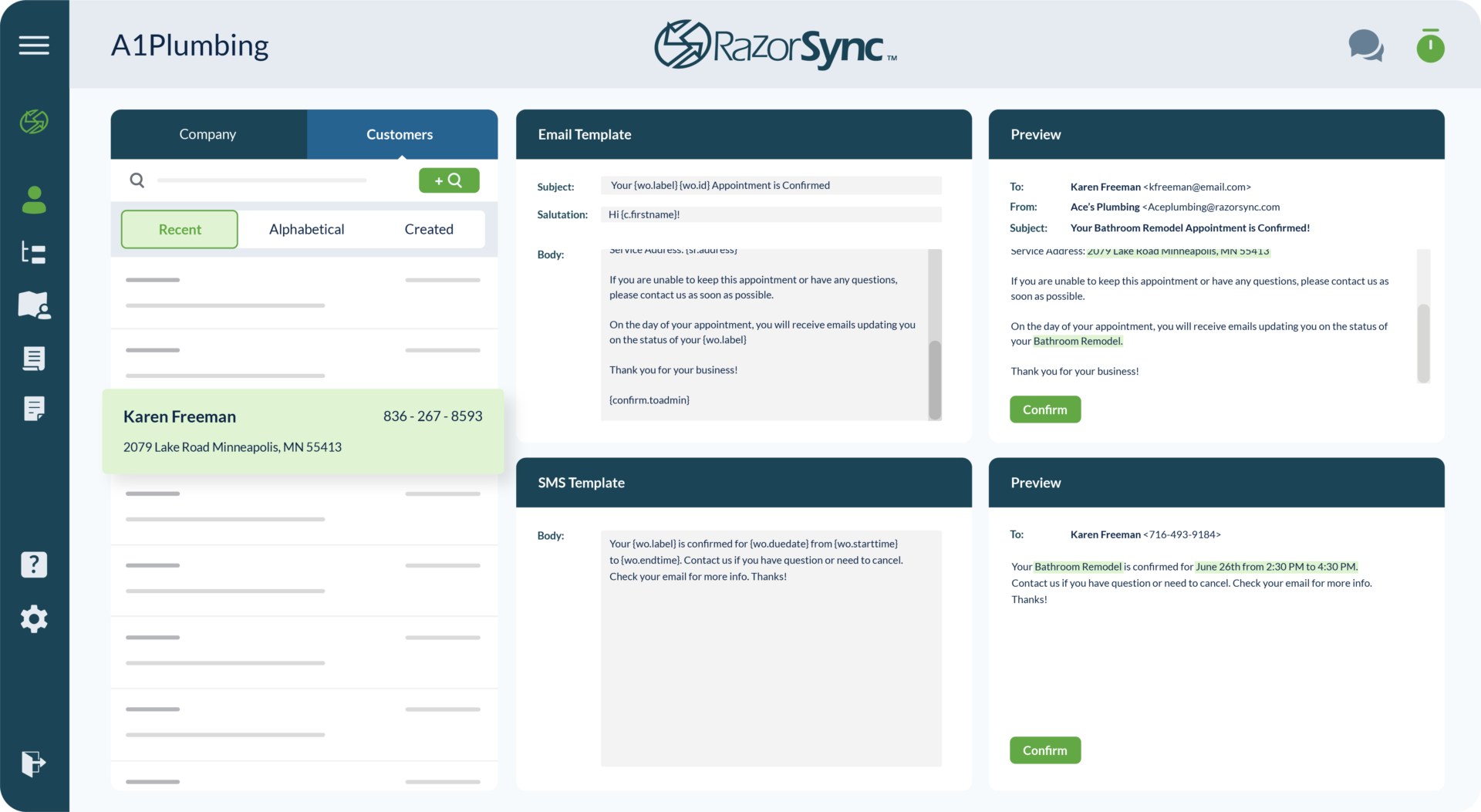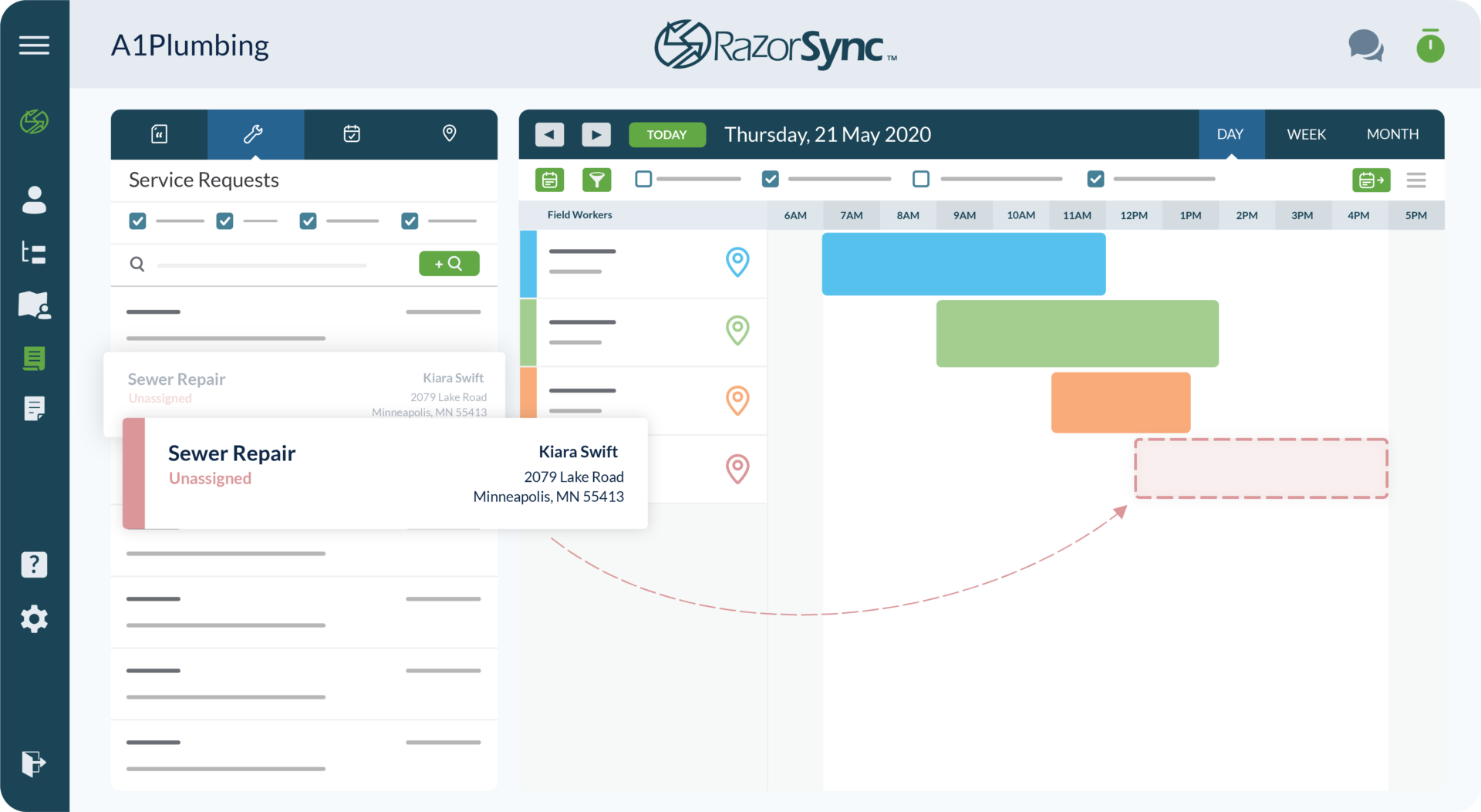3 Must-Know Winter Safety Tips for Electrical Contractors
OSHA estimates that slips, trips, and falls cause 20% of workplace injuries. With the risk of these incidents heightening in winter weather, cultivating a safe...
Jan 10, 2022
# of Minutes to Read

OSHA estimates that slips, trips, and falls cause 20% of workplace injuries. With the risk of these incidents heightening in winter weather, cultivating a safe environment for electrical contractors during the colder months is crucial to ensuring safety. Protect your electrical contractors against the season’s biggest workplace hazards by sharing these winter safety tips with them.
3 Must-Know Winter Safety Tips
How to recognize hypothermia and cold stressors
The United States Department of Labor defines hypothermia as an individual’s body temperature dropping below 95 degrees Fahrenheit due to prolonged exposure to cold weather. Electrical contractors often work in harsh, cold weather conditions in the winter. Due to so much exposure to the cold, it’s critical to be aware of the signs of hypothermia and cold stressors to ensure a safe working environment. These signs include, but are not limited to:
- Out of control shivering
- Exhaustion
- Slurred speech
- Confusion
- Slow breathing
If an individual is experiencing any of these symptoms, they should seek medical attention immediately by calling 911 or visiting the emergency room.
Dressing appropriately
Another valuable winter safety tip is to keep electrical field service contractors warm and visible at night. When workers are outside for extended periods of time, dressing in layers is critical for their safety. Sweat should be absorbed by the inner layer and forced to the next layer to serve as an insulator, keeping moisture away from the skin. An ideal next layer would be a thinner fabric such as polyester or fleece that holds warm air near the body. The outer layer serves as a windbreaker and should be waterproof. Each layer contributes to keeping the contractor warm.
Electrical contractors should also wear yellow reflective vests. During winter, it gets dark earlier, so contractors need to be highly visible, especially when working in high-traffic areas.
Finally, contractors should wear footwear designed for winter conditions. Winter rubber overshoes are an essential addition to regular work footwear that offers improved traction and prevents slipping on ice. They are a more affordable and widely accessible alternative to purchasing another set of work boots just for the winter.
Understanding environmental conditions
It is all too common for people to slip and fall outside during the winter, resulting in severe injuries. One of the most valuable winter safety tips to keep electrical workers safe and prevent accidents is understanding the hazards of working in snowy, wet, and icy conditions. Plowing and salting should be done consistently in areas where contractors work. This reduces the risk of slipping and falling on ice or getting a vehicle trapped in the snow. Workers must also wear the correct footwear, as discussed above.
These winter safety tips should help electrical contractors avoid the most common winter weather-related accidents. But, above all else, don’t forget to use common sense. Stay safe out there!











